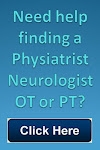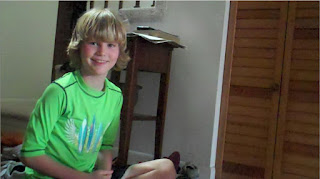Therapists are not like oncologists.
Imagine an oncologist who has no idea what the latest treatment is. Imagine now that they are trying to cover their butts. "You have cancer, but I have something that works in my patients." "Something that works in your patients?" Even in your distress something seems odd about that statement. "Does it work in all patients or just in yours?" Its one of those questions you think twice about asking an MD because it smacks of sarcasm and hints a possible incompetence. But it is exactly the most rational question.
Of course, of an oncologist you'd not have to ask this question because oncologists are required by law to use the most effective treatment. If they do not do the latest and greatest they can get sued. Into oblivion.
People die of cancer. People generally don't die of bad therapy.
Now imagine your therapists says this... "You've had a stroke but I have something that works in my patients." "Does it work in all patients or just in yours?" There are 2 possible answers:
1. I have a lot of clinical experience, and in my experience it works.
2. Actually, its not ME saying it works in MY patients, but the research says it works in patients with your sequalae (symptoms).
I feel safer with #2.
#1 could have an unspoken "...but I've never really collected data or analyzed data or compared it to a control group or blinded myself during your measurement, or done anything else that science does to make sure that my data is "clean"."
"Does it work in all patients or just in yours?" is really the question, "Is there research that says it works?"
Encourage therapists to have a look at their diploma. It'll say, clear as day "Associate's of applied SCIENCE," "Bachelors of SCIENCE," "Masters of SCIENCE," and so on. The the notion that they base treatment solely on clinical experience is dangerous. One of the biggest determinants of recovery is the therapist sitting in front of you. Do yourself a favor, and do them a favor: Call them on the evidence.

















